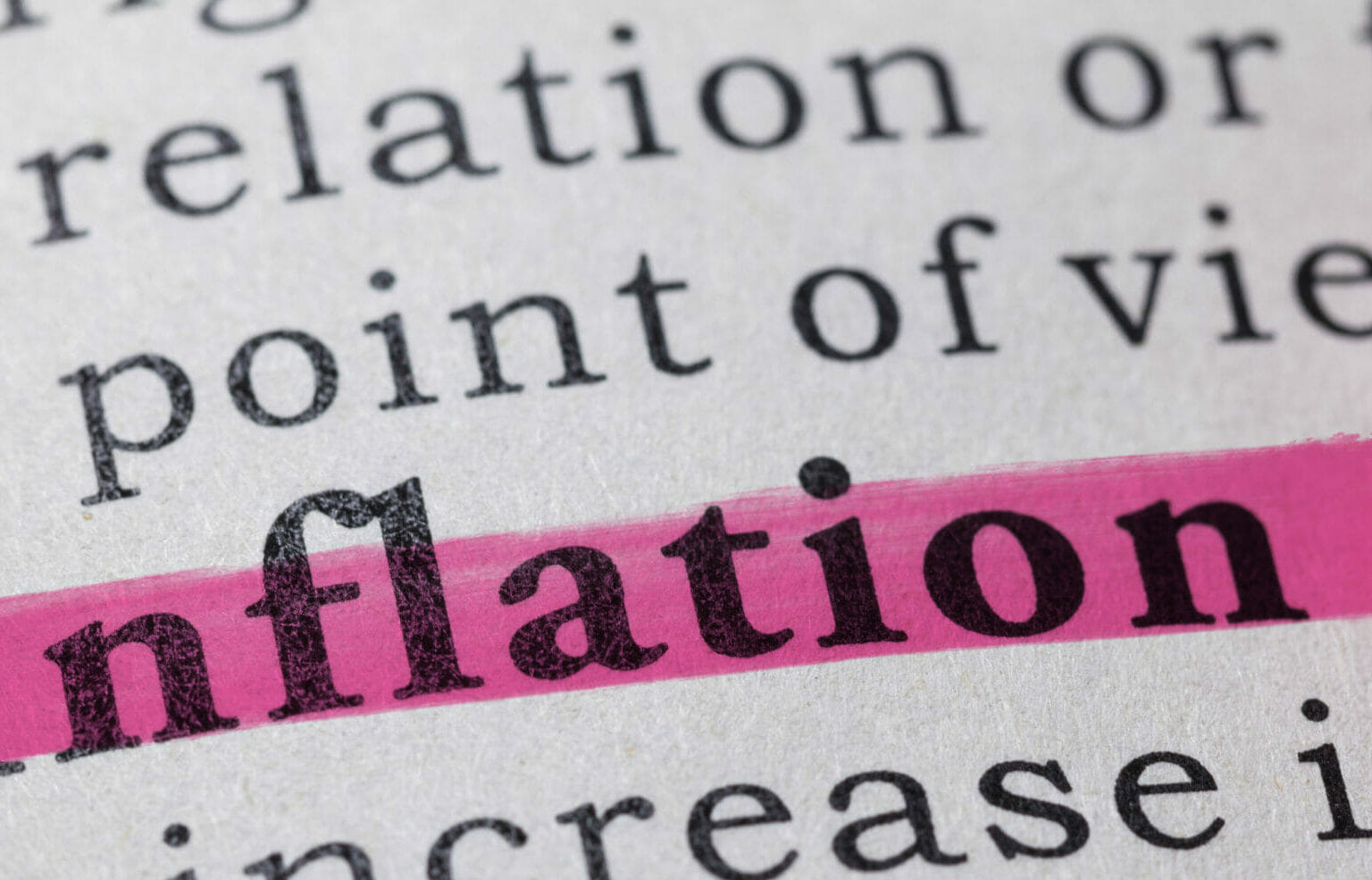As U.S. inflation increases uncontrolled, Wall Street should be panicking.
As U.S. inflation increases uncontrolled, Wall Street should be frightened.
Wall Street retains buy ratings on 56.9% of S&P 500 equities, compared to sell ratings for only 5.4% of the index, despite the CPI topping 8% for the past three months.
Even in excellent markets, this many bullish ratings is rare. The five-year average for S&P 500 buy ratings is 53.3%, yet even this is high historically. According to FactSet, Wall Street is more bullish currently than it has been in 12 years.
Why does Wall Street suddenly like inflation? Why are analysts giving buy recommendations when consumer purchasing power plummets? Let’s examine Wall Street’s mistakes and why investors shouldn’t be duped.
Warren Buffett (Trades, Portfolio) recently observed that when Wall Streeters charge hefty fees to handle trillions of dollars, the managers make outsized profits, not the clients. When Wall Street is wrong, it may be purposeful to boost profits.
Buying strength illusions
Wall Street earnings are higher when the market is positive, so it wouldn’t surprise me if some analysts issued more bullish ratings to boost investor sentiment and stimulate trade.
But that’s not all. Thanks to easy-money policies and fiscal stimulus over the past couple of years, as well as larger savings from the epidemic, consumers gained short-term inflation resistance.
Many companies still report quarterly earnings that show year-over-year improvements, so the effects are lasting for now. It’s easy to think sales are better when statistics are up, but if profits don’t expand faster than inflation, a company isn’t growing.
With supply chain restrictions driving up costs and salary increases remaining lower than price hikes, many companies’ margins are improving, which Wall Street loves. Supply chain restrictions offer enterprises with large moats price power.
This market environment has created an appearance of strength that’s too simple to buy into, making inflation seem beneficial for stocks.

Inflation
High inflation is a trap for investors. The longer inflation lingers, the more it will compound and erode consumer spending power, eventually outweighing price gains.
In a 1977 Fortune story, inflation was also high.
In 2022, we all pay 100% income tax on any return that doesn’t beat inflation, which was 8.6% in May.
Stagflation?
Some economists say they’re not worried about inflation because it’ll shortly decline. Fiscal stimulus and savings from the start of the pandemic have fueled inflation by making it easier for companies to raise prices without reducing demand. By this logic, once consumer spending power drops, inflation will disappear.
We could also see inflation persist while economic growth stalls. In the 1970s, the U.S. experienced stagflation. The Russia-Ukraine war has heightened the risk of stagflation.
According to the World Bank’s latest Global Economic Prospects report, global economic growth is predicted to decline from 5.7% in 2021 to 2.9% in 2022.
The Congressional Budget Office expects real GDP will rise 3.1% in 2022. Previously, there was hope that the Federal Reserve could cut inflation to below economic growth, but it now looks improbable. Rising geopolitical tensions between Russia and NATO might further disrupt the global economy, reducing economic growth.
Buffett waited until Nov. 1, 1974, the height of market pessimism during a protracted recession with inflation at 12.3% and GDP down 0.5%, to announce a positive call on the stock market. The S&P 500 had dropped 42% by then. Buffett once said, “Now is the moment to invest and get rich.”
No recession yet.
Wall Street is positive on inflation since past recessions have been followed by long-term stock market gains. Analysts may be trying to predict the future, but they’ve overlooked one essential fact: we haven’t had a recession yet.
The S&P 500 has lost roughly a fifth of its market value year to yet, but consumption has held up well against inflation so far. A major chunk of the market fall comes from growth firms with eye-watering prices in 2020 and 2021. Netflix and Meta Platforms have lost almost 50% of their market value this year, dragging down the S&P 500.
Wall Street is mistaken on inflation because they have the timing and logic wrong; individuals seeking for bargains may wish to wait for a recession before jumping all in.
